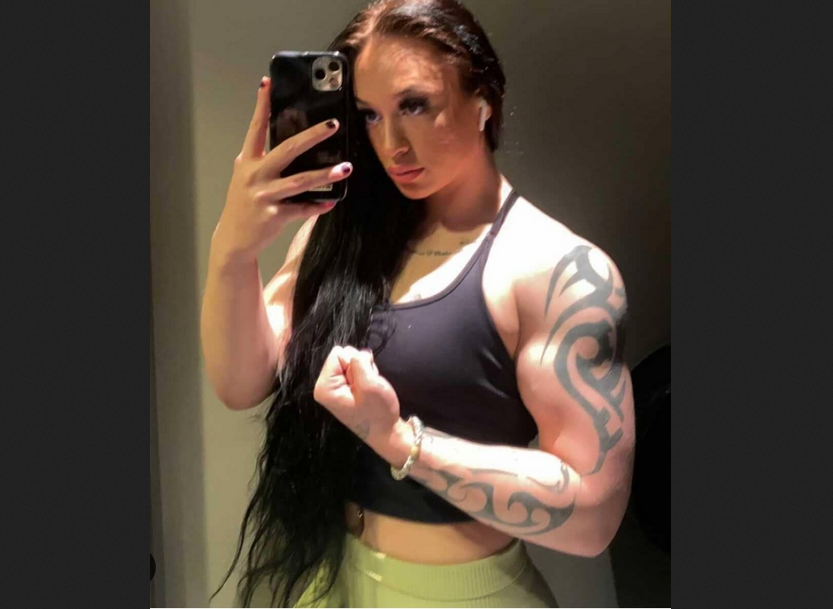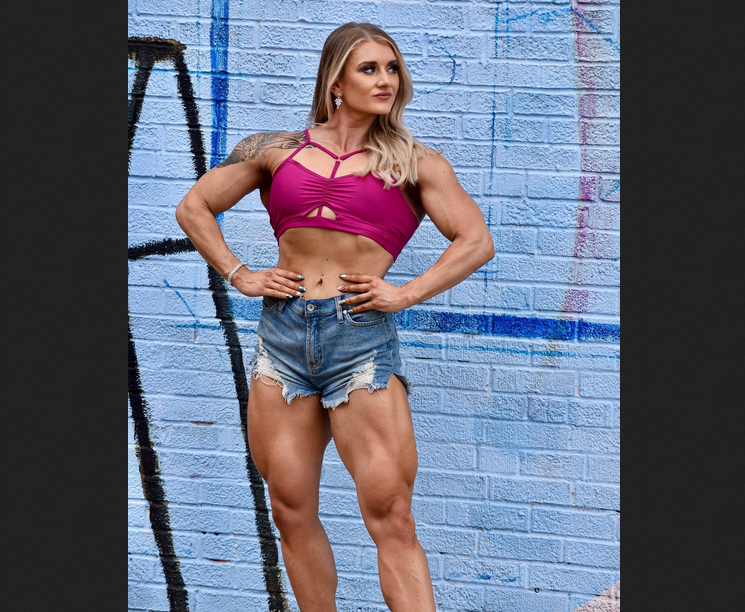Sports dietitians working in the sport of bodybuilding face unique challenges due to the specific demands and requirements of the athletes they work with. Here are some of the key challenges they may encounter:
1 - Individualized Nutrition Plans: Bodybuilders have diverse nutritional needs based on factors such as their training intensity, body composition goals, metabolism, and competition schedule. Sports dietitians must develop individualized nutrition plans that address these specific needs while optimizing performance and supporting muscle growth.
2 - Caloric Surplus and Deficit: Bodybuilders often go through phases of bulking (caloric surplus) and cutting (caloric deficit) to gain muscle mass and achieve low body fat levels for competitions. Sports dietitians must carefully navigate these phases, ensuring that athletes consume adequate calories and nutrients during bulking and effectively manage energy intake during cutting to maintain muscle mass while promoting fat loss.
3 - Micronutrient Balance: Achieving the desired macronutrient balance is crucial in bodybuilding, but it can sometimes lead to inadequate intake of essential micronutrients. Sports dietitians must educate athletes about the importance of consuming a wide variety of nutrient-dense foods to meet their vitamin, mineral, and antioxidant needs.
4 - Supplementation: Bodybuilders often use various supplements to enhance their performance, muscle growth, and recovery. Sports dietitians must navigate the complex landscape of supplements, providing evidence-based guidance on their efficacy, safety, and appropriate use, while ensuring they do not replace a well-balanced diet.
6 - Compliance and Sustainability: Following a strict nutrition plan can be mentally and physically demanding, and adherence can be challenging for some athletes. Sports dietitians must find strategies to improve compliance, such as providing meal options that are enjoyable, practical, and sustainable for the athlete's lifestyle.
7 - Performance Enhancing Substances: Bodybuilding is unfortunately associated with the misuse of performance-enhancing substances. Sports dietitians must advocate for clean and ethical practices, educating athletes on the potential risks and consequences of using banned substances while emphasizing the importance of achieving their goals through legal and healthy means.
Sports dietitians working in bodybuilding must possess in-depth knowledge of the sport's specific nutritional requirements, be skilled in individualizing nutrition plans, and have a solid understanding of the psychological aspects related to body image and eating behaviors. They play a critical role in supporting athletes' health, performance, and overall well-being throughout their bodybuilding journey.






























No comments:
Post a Comment